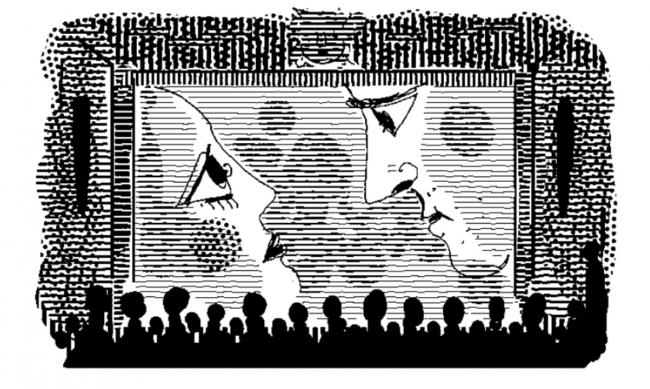The Dark at the End of the Tunnel
Publication

Posted: May 7, 2018
This article appeared in: Volume XVIII, Number 2, Spring 2018
The war in Vietnam was not lost in the field, nor was it lost on the front pages of the New York Times, or on the college campuses. It was lost in Washington, D.C., even before Americans assumed sole responsibility for the fighting in 1965 and before they realized the country was at war; indeed, even before the first American units were deployed.
These forceful words are from Dereliction of Duty, the 1997 bestseller by U.S. Army Lieutenant General H.R. McMaster. Re-issued in 2017, when McMaster became President Trump’s second national security advisor, the book offers a blow-by-blow, or rather blunder-by-blunder, account of how two successive Democratic administrations led America into a conflagration that lasted 20 years; cost $139 billion (by official estimate; the true figure is doubtless much larger); and resulted in the deaths of 58,000 American soldiers, 250,000 South Vietnamese soldiers, 5,000 soldiers from U.S.-allied nations, 1.1 million North Vietnamese and Viet Cong fighters, and 2 million civilians.
McMaster’s account is strangely satisfying, because while not quite a conspiracy theory, it relieves the mental strain of sorting through the myriad reasons why the Vietnam war turned out so badly. His list of culprits is refreshingly short: neither the warriors fighting the war, nor the media covering it, nor the protesters marching against it, nor even the enemy, come in for much blame. Instead, the waste and tragedy are laid at the feet of two presidents, John F. Kennedy and (especially) Lyndon B. Johnson, and their top military and civilian advisors, whose “failings were many and reinforcing: arrogance, weakness, lying in pursuit of self-interest, and, above all, the abdication of responsibility for the American people.”...
Read the full article on CRB's website using the link below.